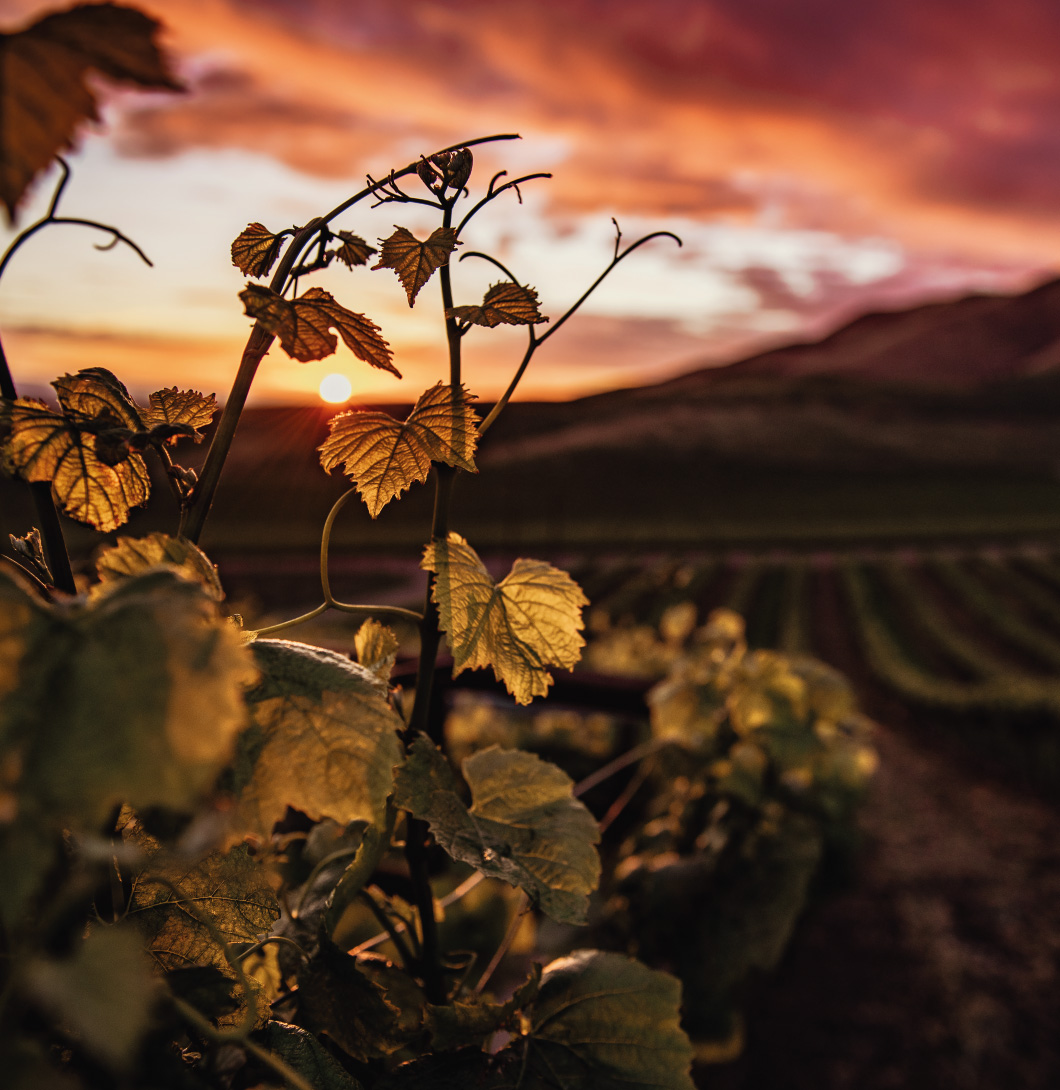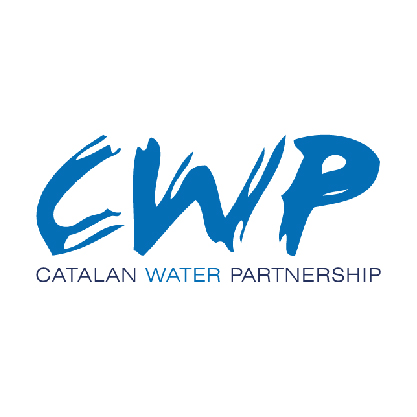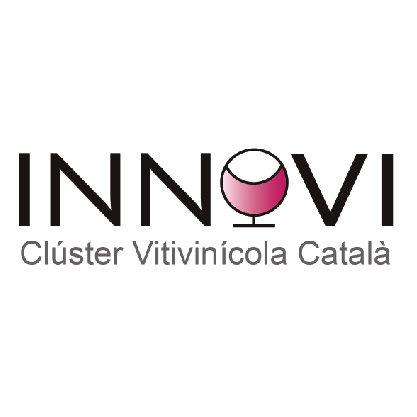
Descripció del projecte
The lack of water emerges as a first-order threat to the survival and future viability of crops, particularly and significantly affecting woody crops in rainfed areas. As the impacts of climate change become more evident, the availability of water is reduced, endangering not only immediate production but also the continuity of agricultural operations in these areas.
Therefore, considering the current context of drought, it becomes imperative to implement sustainable agricultural practices and water management solutions. These efforts must not only focus on improving the efficiency of water use, but also on the exploration of innovative agricultural techniques and the search for non-conventional water sources.
A promising strategy is the use of runoff water during episodes of precipitation, storing it in catchment ponds to guarantee its availability in dry periods. Thus, the main objective of the Operational Group Preparation project is to study the potential of collecting rainwater runoff through ponds, in a regulatory, technical and governance framework. In addition, this project seeks to establish the foundations for the creation of future operational groups that allow the development of ponds capable of guaranteeing a minimum of irrigation for dryland woody crops, severely affected by climate change.
The main result of the project has been the preparation of a reference guide on technical criteria for the implementation of ponds for irrigation purposes, a practical document that facilitates the transmission of knowledge in a standardized way to the agricultural actors of the territory. Prior to the creation of the guide, a study was carried out on the state of the art in the use of ponds and first-hand information was collected from actors linked to agricultural holdings, as well as experts in engineering, construction and regulatory aspects.
In addition, a strategic document has been prepared that aims to become a road map for planning concrete actions for the construction of ponds, in collaboration with some of the entities participating in the project. This initiative has been financed by the line of Operational Groups of the Department of Climate Action, Food and Rural Agenda of Catalonia, and is carried out through an intersectoral cooperation with several actors such as the ABM consultancy, the INNOVI cluster, and the Llopart, Sumarroca and Juvé i Camps wineries.
Logo del projecte:
Finançament del projecte:
“Projecte cofinançat per la UE a través de la intervenció 7161 del PEPAC 2023-2027”
![]()
Objectiu
The lack of water emerges as a first-order threat to the survival and future viability of crops, particularly and significantly affecting woody crops in rainfed areas. As the impacts of climate change become more evident, the availability of water is reduced, endangering not only immediate production but also the continuity of agricultural operations in these…
Període:
| Inici | 30/01/2024 |
| Final | 30/10/2024 |
Coordinador del projecte:

Participants del projecte:




